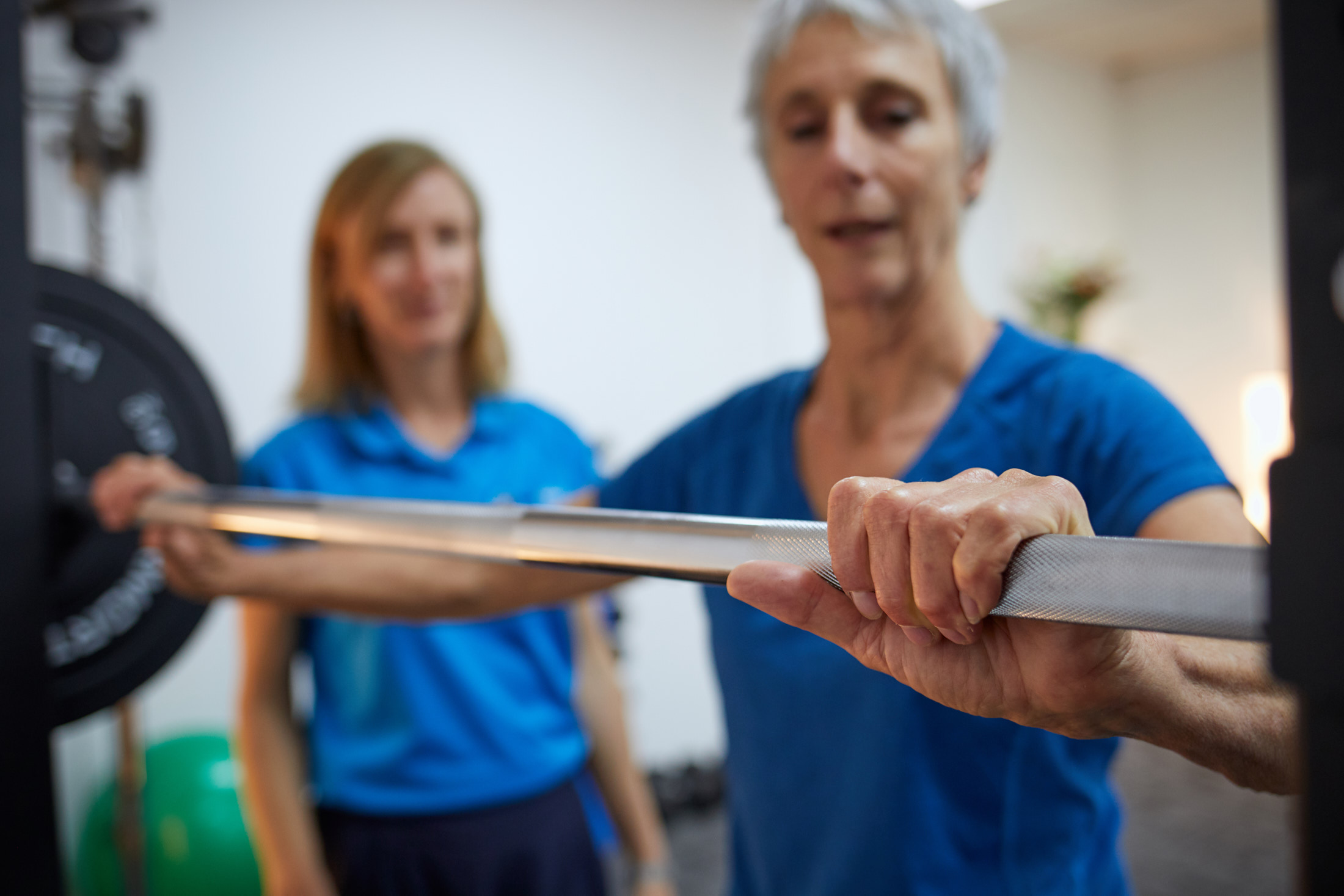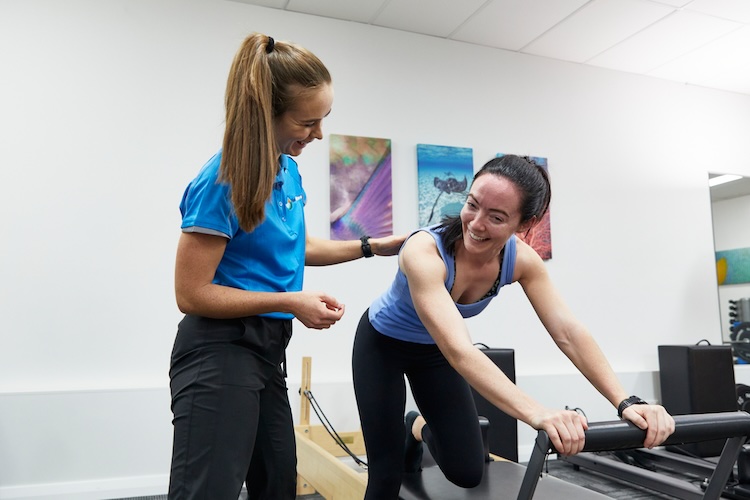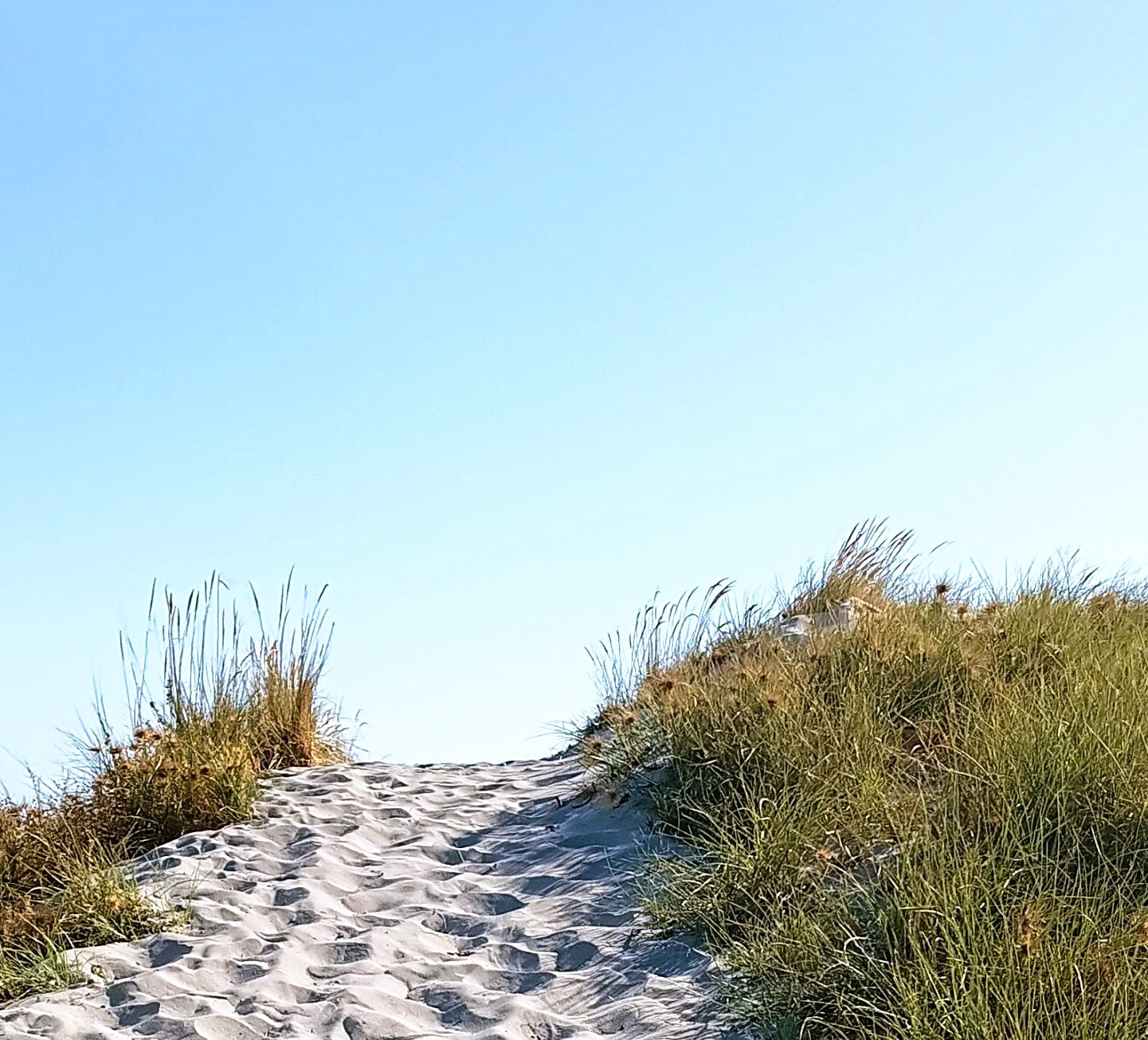Managing Stress
Everyone experiences stress on a daily basis. For some however, it is more challenging. This blog, written by fourth year occupational therapy student, includes valuable information and insights from a real lived experience of managing stress when you also have other mental health concerns.
What is stress management?
Stress management is a valuable and evolving form of healthcare. Knowledge on stress management has fascinated health professionals, artists and changed laws in our societies around the world for many years.
Management and support of symptoms associated with stress are needed for individuals, families and communities.
What is the aim of stress management?
When you manage your stress you:
-
gain a greater understanding of stress
-
have improved physical functioning
-
can modify your perceived level of stress
-
develop coping and self-management skills
-
reduce the need for use of health services
What treatment options are there for stress?
Treatment and support services may be needed on a short term or long-term basis. Different types of treatment are offered in relation to:
-
Health issues- past, present and potentially in the future
-
Values
-
Lifestyle choices
-
Personal goals
At Next Wave Therapy you benefit from seeing a health professional working within a team based approach. This includes an occupational therapist, physiotherapist, naturopath, massage therapist, acupuncturist in conjunction with your General Practitioner (GP), psychologist or other health professional.
What is stress?
The body and mind alerts each of us in different ways on our unique stress needs that we might not otherwise be aware of. Research has found that excess stress can increase development of physical symptoms such as headaches, sleep disturbances, cold extremities, back pain and fatigue (Cozzonlino et al, 2020).
Are there different types of stress?
YES! There’s acute (recent or short lived) stress and then there’s chronic (long standing or persistent) stress.
There are other ways to describe stress which includes psychological, psycho-social, time-based, situational, anticipatory and encounter based.
How is stress management relevant in our daily life and activities?
This year the COVID-19 pandemic has seen an increase of health and stress issues for many.
Stress management can assist with coping by ourselves and with others in our community. It can assist us to understand how to prevent or reduce the risk of burnout, maintain health, improve quality of life and prevent the onset of some severe health problems
Examples of mental health stress management strategies:
-
Developing skills in becoming and staying resilient
-
Dealing with emotional stresses
Examples of physical health stress management strategies
-
Monitoring and nurturing painful injuries
-
Prioritising optimal gut health
-
Supporting long-term disability and/or healthcare needs
How I incorporate stress-management strategies into my daily life.
As a final year occupational therapy student who has managed bipolar for approximately the last 7 years, I have learnt to prioritise my stress management needs. If I don’t, the bipolar symptoms worsen and can become severe (which has happened in the past.) To be proactive and prevent “mental health burnout” or “breakdown’s” I use personalised stress management skills for my physical, spiritual and mental health needs as often as I can. The following is a glimpse of what I do, but it’s important you find your own stress management groove.
Prioritising my sleep needs
-
Having a shower to relax my body before going to bed.
-
Practicing a regular sleep schedule e.g. Starting wind-down bed routine at 8:30-9pm each night (except for those one-off nights) to help with optimal quality and quantity of sleep each night.
-
Minimising screen use when I go to bed and in bed.
-
Reminding my fiancé to try to be quiet when I go to bed e.g. Using headphones during his Netflix ‘men’s shed time’ every night while I am in bed
Accommodating my ergonomics for study needs
I use a sit stand desk option or sitting on a fitness ball when on the computer e.g. This helps increase my blood circulation and has helped to prevent postural injuries. I also take regular study breaks for however long or short I need every 40 minutes. This has helped with my eye health too!
Developing insight about and kindness towards my evolving stress management needs
Having an attitude of kindness towards myself has involved being more aware of my needs and having the courage to put it in to practice. It as an area that many people struggle with. Things that I find helpful being honest with my supporting health professionals (my GP, psychologist, psychiatrist or yoga teacher) when I have any issues and feel unable to manage by myself.
Being preventative and proactive is important!
Learning that if something seems ‘dodgy’ about my health that there is usually a reason. Learning to trust my intuition, even if it takes detective skills to find out what is happening.
Realising and practising the quality of life I need and want. As well as trying to respect others lifestyle decisions
Quality of life is so personal and different for each person. For me some of the things I value, in no particular order are….
Eating and drinking foods I enjoy, and I look forward to consuming them.
Having fun!
Surrounding myself with supportive people who make me laugh and enjoy life e.g. My fiancé should become a comedian if he stops his current work
Learning new skills e.g. I am keen to learn the Konkani language and start ukele group classes when I have enough time. This can help with my neuroplasticity and social skills.
Spontaneous dance improvisation sessions at home. If I feel unsettled at home I turn on music I like or that reflects my mood and have spontaneous dance improvisation sessions. My cat always loves to stretch by my feet when I dance, so I have to try to not fall over 😊
Incorporating quiet time into my weekly schedule
Beach time for ideally 3-5 hours with my fiancé every weekend is something I always look forward to. It also helps me to not become overstimulated and ‘remember to be a blob sometimes! ‘
Updating and sharing my stress management health needs with my immediate family and friends, as well as learning not to isolate myself.
I have learnt most people are very supportive if they understand why I do certain things to help manage my stress. Additionally, sometimes they join in too for their own stress management needs.
Self-isolating can become addictive. To not become an ‘island’ which I find difficult to survive on by myself, I try to reach out to others, whether it’s my neighbours, friends or family. I also find it helpful to be around animals, such as at the dog beach. Another strategy is get ‘off my island’ is to go to busy settings e.g. I can ‘coexist’ with other people at local farmers markets, befriend event(s), fitness classes, theatre performance(s) or simply sitting in a cafe.
Being supportive and open to other people’s different and unique stress management and lifestyle needs
This helps to create an inclusive and supportive community for my and other peoples stress management needs.
I try to forgive myself and others if non-constructive communication occurs as a result of being overwhelmed by stress. In these instances I apologise for being unintentionally rude or hurtful to others.
As much as possible I am honest and truthful to myself and others in a respectful way. Everyone finds out the truth at some stage anywaysI
I remind myself it’s a constant work in progress to develop this skill. I have lots of rooms for improvement and have failed many times. Yet, I am always wanting to improve in this way.
Additional resources
These Tedex online videos are great resources which explain stress and suggest how to embrace stress management healthcare techniques and strategies.
Sharon Bergquist: How stress affects your body (4:30 mins approx.)
Kelly McGonigal: How to make stress your friend (14:30 mins approx.)
References
Cozzolino, M., Girelli, L., Vivo, D. R., Limone, P., & Celia, G. (2020). A mind–body intervention for stress reduction as an adjunct to an information session on stress management in university students. Brain and Behavior, e01651. doi: 10.1002/brb3.1651
Written by Rebecca Dowell (Occupational Therapy student) under supervision of Sasha Wray (Principal Occupational Therapist) while on 4th year practicum at Next Wave Therapy. Copyright







